For a complete audio file, click here.
We consider wisdom’s work ethic in the first portion of Proverbs 14 and begin with a saying concerning the wisest of women. Again we see two ladies standing in contrast, Lady Wisdom and The Forbidden Woman, or Lady Folly. No wonder many states have a lady affixed to the top of their capitol building – Lady Wisdom is the one we are continually encouraged to pursue. Lady Wisdom is worth pursuing, the other lady, though often easier to find, is worthless.
Verse 1, The wisest of women builds her house, but folly with her own hands tears it down. This house building is then put next to fearing the Lord. The upright fear the Lord while those who are unrighteous prove by their behavior they do not fear the Lord. A lack of fearing Lord has disastrous consequences not only in the life to come but in this life.
Verse 4 reveals the nitty-gritty of a wise work ethic. Oxen mean the necessity of cleaning the stable. The alternative to not worrying about cleaning the stable means no oxen. Without Oxen the fields won’t be plowed. Abundant crops which mean well-being, and wealth, comes by the strength of the ox. The unpleasant and hard work of cleaning stables is necessary for a gain.
Hard work and character are connected. Consider verses 5-7.
We come to a section in Proverbs 14 framed by verses that contrast the prudent. Prudence is a word we don’t use often. Prudence refers to reasonable self-discipline. By reasonable I mean disciplining yourself with clear thinking. Notice the frame of verse 8 and another at verse 15. The wisdom of the prudent is to discern his way… The simple believes everything, but the prudent gives thought to his steps. Between the prudential frame are characteristics that describe prudence. Verse 9, the prudent is aware of the need for acceptance. Verse 10, the prudent is aware of their own heart. Verse 11, the prudent is aware the house of the wicked will be destroyed while the house of the righteous flourishes. Verse 12, the prudent is not an end to themselves and is open to the input of others. Verse 13, the prudent is aware that life is filled with joy and laughter. Verse 14, the prudent stays on the straight path of wisdom (read verse)
In verse 16 we learn the wise is cautious and turns away from evil as opposed to the fool who is reckless and careless. After the warning concerning carelessness, we turn our attention to the temper and learn, a man of quick temper acts foolishly and a man of evil devices is hated.
Verses 18-24 hold folly and knowledge beside one another and ask us to consider the fruit of each way. The simple inherit folly, but the prudent are crowned with knowledge (18). The evil bow down before the good, the wicked at the gates of the righteous (19). The poor is disliked even by his neighbor, but the rich has many friends (20). Whoever despises his neighbor is a sinner, but blessed is he who is generous to the poor (21). The latter part of verse 22 reveals Those who devise good meet steadfast love and faithfulness. Verse 23 demonstrates the diligence of the wise encouraging, not talk but action. In all toil there is profit, but mere talk tends only to poverty (23). With poetic precision, verse 24 teaches, The crown of the wise is their wealth, but the folly of fools brings folly.
As verse 25 demonstrates, there is health in telling the truth, A truthful witness saves lives, but one who breathes out lies is deceitful.
The Proverbs continually keep the fear of the Lord before us. Verses 26-27 are no different. There we learn the fear of the Lord brings strong confidence, his family, specifically his children, are safe. The fear of the Lord is a fountain of life. The fountain of life is to turn away from the snares of death.
Another frame ends Proverbs 14. This time, verses 28-35 are framed around a king. What is between concerns the heart of an individual. A king must rule from his heart, and his heart must be open to listening to the people (28), slow to anger (29), tranquil and free from evil (30), generous (31), just (32), wise (33), and righteous (34). A king who rules this way will be easily followed. A king like this is the favor we seek. Verse 35, a servant who deals wisely has the king’s favor, but his wrath falls on one who acts shamefully. Jesus is a king matching these descriptors perfectly. Jesus is a king worth following, forever. Those who have his favor will be with him forever. Those not in his favor has his wrath resting upon them, forever. The call of the Proverbs: Be wise and live.

